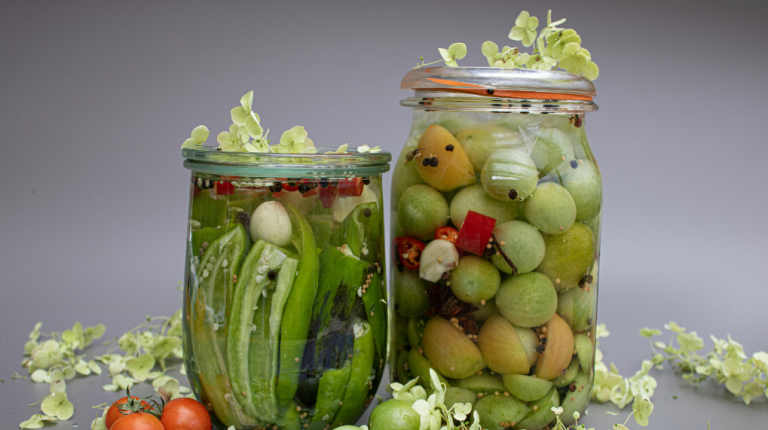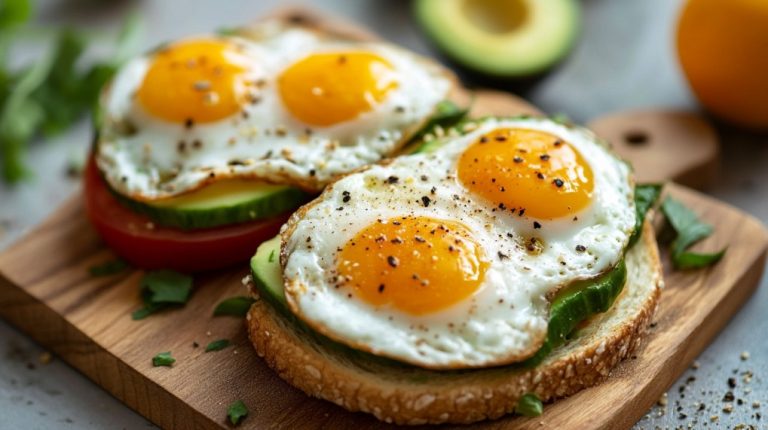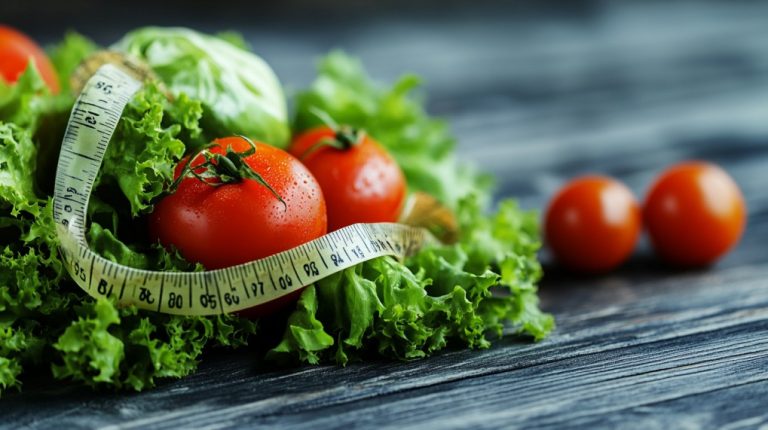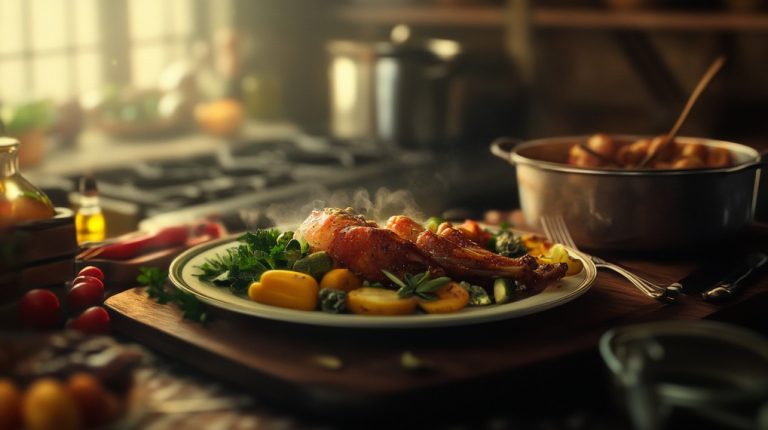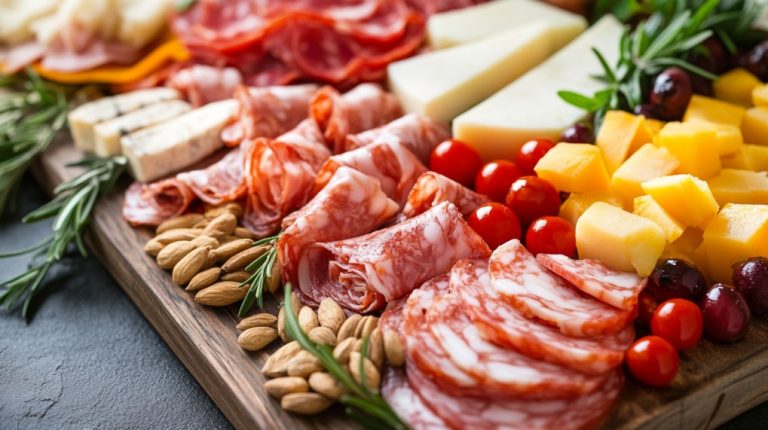Breakfast is widely considered the most important meal of the day, and there’s a good reason behind that belief. A good breakfast plays a necessary role in helping anyone who wants to lose weight in a healthy and sustainable way to get the day going on the right note.
Eating low low-calorie breakfast not only provides the body with nutrients and low calories but also helps control appetite and energise the body while keeping the mind away from unhealthy snacking. It serves as a chance to kickstart the day with a healthy start, thereby reducing impulsive food choices and fatigue throughout the rest of the day.
This blog aims to showcase some easy-to-make, filling, low-calorie breakfasts that maximize weight loss while keeping you filled and energised, courtesy of an expert nutritionist and dietitian and sources founded on evidence.
Why Breakfast Matters for Weight Loss?
Keeping your first meal nutritious and light will give you a great start toward healthier choices for the rest of the day.
-
Kickstarts Metabolism
Having a well-balanced breakfast in the morning tells your body to start its metabolism after an overnight fasting period. Having breakfast early boosts your metabolism, helping your body burn calories more effectively. Skipping breakfast, on the other hand, will slow down your metabolism and could cause you to eat more food later in the day.
-
Controls Hunger and Cravings
A low-calorie but nutritious breakfast keeps sudden spikes in blood sugar at bay, which would usually be followed by sugar cravings and energy crashes. Protein- and fibre-rich foods will keep you feeling satisfied longer, helping you avoid mindless snacking before lunch.
Principles of a Healthy Low-Calorie Breakfast
A weight-loss-friendly breakfast is not all about cutting calories; rather, it is about making every calorie count. The right combination of nutrients can keep you full, energised, and satisfied until your next meal.
-
Balance of Macronutrients
A balance of lean protein, fibre-rich carbohydrates, and healthy fats that makes your breakfast fulfilling and helps sustain your energy throughout the morning. For instance, consider having oatmeal with a handful of nut butter or eggs with vegetables on whole-grain toast. Such combinations contribute to a very strong macronutrient mixture.
-
Focus on Whole Foods
When considering how to go about preparing a healthy, low-calorie breakfast, every single ingredient used should be whole. Incorporate whole grains like oats or quinoa, fresh fruits and vegetables, and plant-based proteins such as tofu, lentils, or nut butter to maximize your benefits in a nutrient-packed start to the day. These foods are low-calorie and naturally high in fibre, vitamins, and minerals, so you feel satisfied and ready without overdoing it. It also contributes to better digestion and long-term health.
On the flip side, it’s significant to limit processed and packaged breakfast items like sugary cereals, flavored yogurts, and breakfast bars. While It may be convenient, it often contains added sugars, unhealthy fats, and preservatives that can hinder your weight loss progress and leave you feeling hungry sooner.
Low-Calorie Breakfast Ideas
Going healthy does not mean being boring; it can also be highly scrumptious with morning meals. Such breakfast ideas are easy and quick to prepare, are nutritious, and can help you with weight loss.
-
Oats-Based Options (Under 250 Calories)
Perfectly made overnight oats with unsweetened almond milk, cocoa, and fresh berries. They are a rich source of soluble fibre that slows digestion and keeps you feeling full for longer. Chia seeds are rich in omega-3 fatty acids, while berries offer natural sweetness and a dose of antioxidants.
-
Smoothie Bowls (Under 300 Calories)
Spinach, frozen banana, almond milk, and a spoonful of peanut butter blended will give a nice creamy thickness with loads of nutrition for a smoothie bowl. Leafy greens like spinach are extremely low-calorie and high in vitamins, and peanut butter offers heart-healthy fats and proteins to stave off hunger.
-
Egg-Based Recipes (200–300 Calories)
Veggie-loaded omelette or 2 boiled eggs with whole wheat toast offers a source of high biological value protein along with other essential nutrients, such as vitamins D and B12. Eggs help to a great extent in muscle retention during weight loss, while the fibre in whole wheat toast enhances digestion.
-
Indian Breakfast Ideas (200–350 Calories)
Traditional Indian breakfasts can be made healthy and conducive to weight loss using lots of good ingredients.
- Vegetable Upma: Light semolina dish full of peas, carrots, and beans: fiber-full and calorie-light.
- Moong Dal Chilla with Mint Chutney: A protein-packed savory pancake that’s easily digestible; served with fresh mint chutney.
- Poha With Peanuts and Coriander: Flattened rice flavored with turmeric, onion, and peanuts, garnished with coriander, giving a wholesome and nutrient-rich start.
-
Fruit and Nut Combos (150–250 Calories)
An energizing light option could be apple slices smeared in almond butter or a bowl of papaya sprinkled with flax and pumpkin seeds. These combos provide fibre, healthy fats, and lots of antioxidants – perfect for those mornings when you’re racing against the clock.
Meal Planning Tips for Low-Calorie Breakfasts
Much of sticking to your weight loss goals and not failing is planned. Leveraging strategies gives the capability to prep quick breakfasts that are slightly healthier for those crazy mornings. That approach saves time but also keeps the temptations of unhealthy foods at bay.
-
Prepare Ahead for Convenience
Meal prep just makes mornings so much easier and takes the temptation of unhealthy options out of the picture. Store overnight oats ready in jars and hard-boil eggs ahead of time, or freeze smoothie ingredients in a bag for super-easy blending when needing a quick option.
-
Portion Control Techniques
Use measuring cups and food scales to keep portions in check, particularly with calorie-dense foods like nuts and seeds. Try mindful eating – chew slowly, let the food roll around in the mouth, and pay attention to body cues of hunger and satiety.
-
Limit Added Sugars and Refined Carbs
Some restrictions should be placed on the most popular breakfast items, like cereals or granola bars. Opt for unsweetened dairy substitutes, skip sugary toppings, and check out ingredient labels. Choose whole grain over white bread or instant oats for blood sugar regulation purposes.
Common Mistakes to Avoid
Without the right habits in place, even the healthiest of intentions fall flat. Being mindful of common trip-ups can help you create a pathway for sound breakfast choices.
-
Skipping Breakfast
Intermittent fasting has its uses, but skipping breakfast, in the long run, may result in energy dips and extra consumption at lunch or dinner. A 200-300 calorie meal can help establish a healthy foundation for the day ahead.
-
Assuming “Low-Calorie” Means “Healthy”
Snack bars or diet drinks will say low-calorie, but being a low-calorie option doesn’t necessarily mean it is worth it. The interpretation of these would usually mean that the product was highly processed and would not have all the nutrients needed for your health.
When to Seek Expert Guidance?
People suffering from conditions like PCOS, thyroid disorders, diabetes, high cholesterol, etc., should visit a qualified nutritionist. The diet plan will be tailored so that it is aligned with health goals, lifestyle, and calorie requirements.
Conclusion
Planned low-calorie breakfasts are the most potent weapons in healthy strategic weight loss. Concentrate more on whole foods, portions, and balance of nutrients to energize the body without compromising your goals.
Customized breakfast plans are made by expert nutritionists for weight loss at QUA Nutrition, taking your metabolism, preferences, and medical conditions into account for sustainable, healthy weight management while not missing out on your favourite foods. Contact us now to get the customized weight plan from our weight loss nutritionist.


